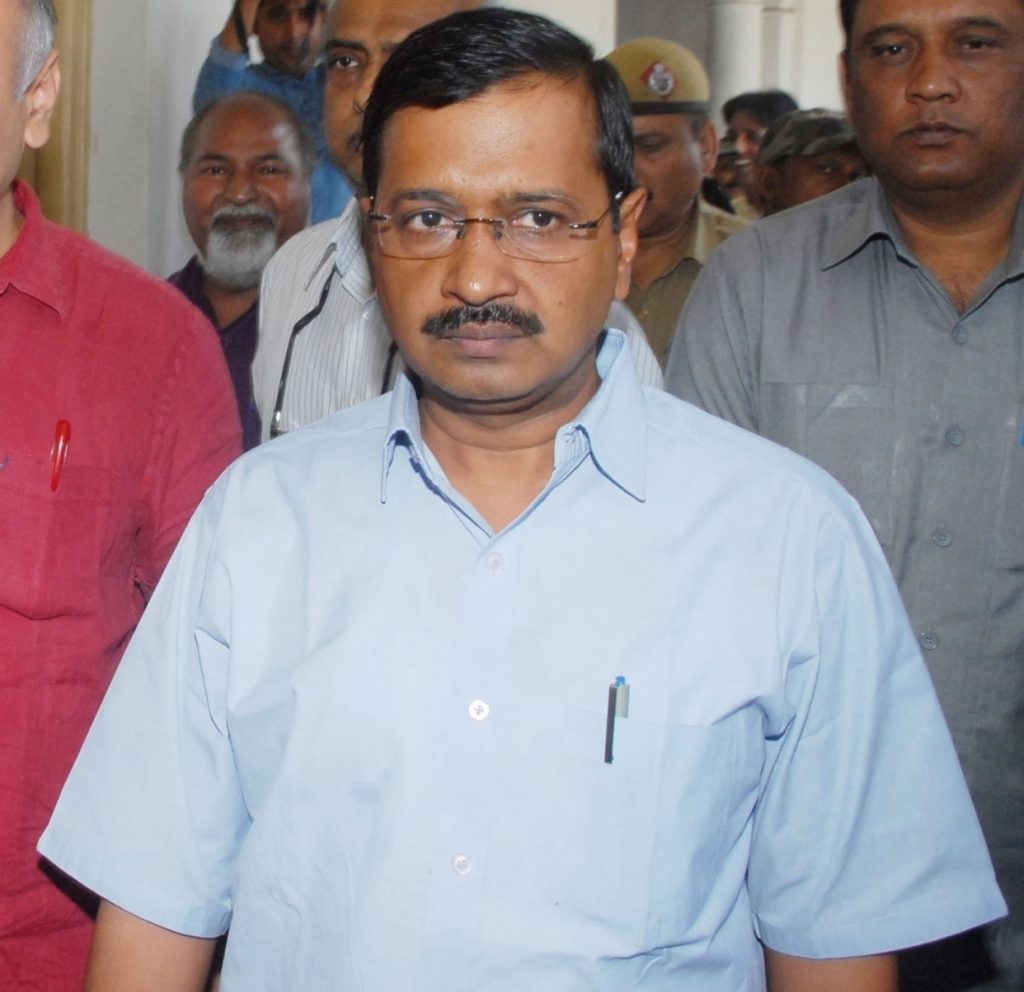The Aryavarth Express
Amid allegations that Delhi Chief Minister Arvind Kejriwal is managing his administrative duties from Tihar Jail, Director General (Prisons) Sanjay Baniwal clarified the regulations surrounding inmates’ rights to sign documents. According to Baniwal, while inmates can sign legal and personal papers, these documents cannot be political in nature. This statement came during a detailed interaction with PTI editors at their headquarters.
The controversy flared up following Punjab Chief Minister Bhagwant Mann’s visit to Kejriwal in jail, where Mann claimed that Kejriwal was deprived of basic amenities. In response, Baniwal emphasized that Tihar does not differentiate between inmates concerning their rights and entitlements, ensuring equal treatment for all regardless of their accusations.
AAP’s organizational general secretary Sandeep Pathak added to the discussion by announcing that Kejriwal would be meeting two ministers weekly to review departmental progress. Baniwal addressed this by noting that Kejriwal could list ten individuals he wishes to meet, with two family meetings allowed weekly, enabling a total of 16 visits per month either in person or via video conferencing.
Regarding concerns about Kejriwal’s health since his arrest on March 21, Baniwal reassured that the Chief Minister is not only stable but appears healthier and is engaging in beneficial physical activities. This comment follows Delhi Minister Atishi’s claims that Kejriwal’s health was deteriorating due to his incarceration.
Baniwal also highlighted the overcrowded conditions at Tihar, currently housing 20,000 inmates despite a capacity of 10,000. He detailed the health services available, including drug de-addiction centers and medical care for chronic conditions, asserting his commitment to equitable treatment for all inmates.
